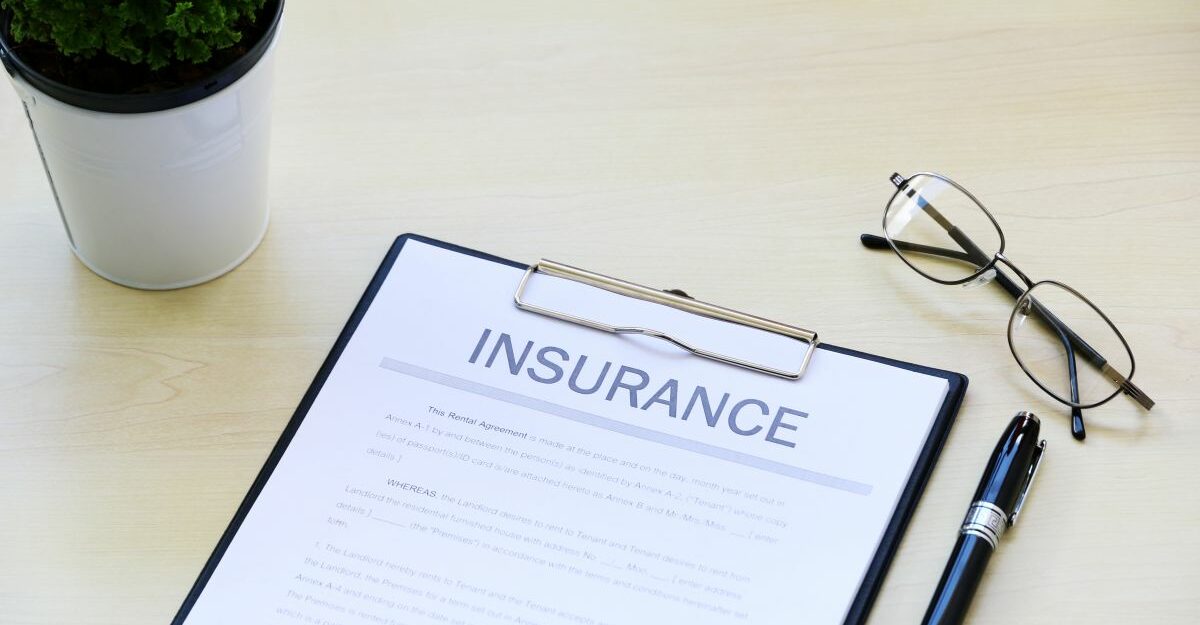Canada Life Critical Illness: 2025 Guide to Payouts, Coverage & Denied Claims

If you’re diagnosed with a serious illness, Canada Life’s critical illness insurance can provide a tax-free lump sum payment to help you through one of life’s toughest challenges. But getting approved for this benefit isn’t always straightforward — especially when a claim is denied or delayed.
This guide explains how Canada Life critical illness insurance works, which conditions are covered, what a survival period is, and what to do if your claim is rejected. Whether you’re dealing with Canada Life through an employer plan or personal policy, we’ll help you understand your rights and next steps.
What Is Canada Life Criticial Illness Insurance?
Canada Life critical illness insurance provides a one-time, tax-free payment if you’re diagnosed with a serious medical condition listed in your policy. Unlike long-term disability (LTD) benefits, which offer monthly payments, this type of insurance gives you a lump sum you can use however you choose — no restrictions.
Some common uses include:
- Medical treatments or experimental therapies
- Home care or domestic help
- Travel costs for out-of-province treatment
- Mortgage payments, rent, or debt repayment
- Lost income if you or a family member must stop working
Which Conditions Does Canada Life Cover?
Each policy is different, but most Canada Life critical illness coverage includes:
- Cancer
- Heart attack
- Stroke
- Organ transplant
- Kidney failure
- Multiple sclerosis (MS)
- ALS
- Parkinson’s disease
- Alzheimer’s disease
- Blindness or paralysis
- Major burns
- Coronary artery bypass surgery
How Does Canada Life Critical Illness Insurance Work?
Here’s a simplified breakdown of the process:
- Apply and get approved for coverage (often through an employer plan or personal policy).
- If diagnosed with a covered condition, file a claim with medical documentation.
- Survive the waiting period (usually 30 days) — known as the “survival period.”
- If approved, receive your lump sum payout.
What Is the Survival Period?
The survival period is the number of days you must live after diagnosis to qualify for payment. For Canada Life policies, this is typically 30 days — though it can range from 0 to 90 days depending on the policy and illness.
If you don’t survive that timeframe, no payment is made, even if you had a qualifying condition. This is one of the most misunderstood parts of critical illness insurance — and one of the most common reasons for denial.
Why Are Canada Life Critical Illness Claims Denied?
Many valid claims are denied because of:
- Strict policy definitions (e.g. your cancer type may not qualify)
- Disputes over medical evidence
- Missed filing deadlines
- Pre-existing conditions exclusions
- Failure to meet the survival period
Even when the denial feels final, it’s not. You have the right to challenge Canada Life’s decision — and you should never do it alone.
Why You Shouldn’t Appeal Without a Lawyer
Canada Life may encourage you to file an internal appeal, but that process is handled by the same insurer that denied your claim in the first place. In most cases, these appeals are ineffective and can run out the clock on your legal rights.
Instead, talk to a lawyer who understands critical illness claim denials and has a proven track record with Canada Life.
Can You Get Critical Illness and Disability Benefits at the Same Time?
Yes — many Canadians qualify for both critical illness insurance and long-term disability (LTD) coverage. Here’s the difference:
| Coverage Type | Payout | Trigger | Ideal For |
|---|---|---|---|
| Critical Illness | One-time, tax-free lump sum | Diagnosis of a covered illness | Paying large or immediate expenses |
| Long-Term Disability | Monthly income replacement | Inability to work | Replacing income during recovery |
You can receive both benefits at once if you qualify — and a lawyer can help ensure they don’t interfere with each other.
What to Do If Canada Life Denies Your Critical Illness Claim
If your claim is denied, don’t panic — but don’t wait either.
At Samfiru Tumarkin LLP, our experienced legal team will:
- Review your denial letter and Canada Life policy
- Gather medical evidence and expert support
- Challenge the denial directly with the insurer
- Take legal action if necessary — and you pay nothing unless we win
Speak to a Critical Illness Lawyer Today
If your Canada Life critical illness claim has been denied, don’t face the challenge alone. Our experienced insurance lawyers at Samfiru Tumarkin LLP have successfully represented thousands of Canadians, ensuring they receive the compensation they are legally entitled to when dealing with insurance companies like Canada Life.
We also assist clients with related claims, including disability insurance, life insurance, mortgage insurance, and CPP Disability claims, providing full support for various types of insurance disputes in all Canadian provinces (excluding Quebec).
- 🔗 Canada Life Life Insurance Claim Guide
- 🔗 Explore Canada Life LTD Claim Options
- 🔗 Guide to Canada Life Short-Term Disabiiity Insurance
Whether you’re having trouble getting approved for benefits or appealing a denial, we’re here to help. Contact Samfiru Tumarkin LLP today for a FREE consultation. We’ll deal with Canada Life so you can focus on your health — with peace of mind.
- ✔️ Over 50,000 Canadians helped
- ✔️ Millions recovered in disability benefits
- ✔️ No win, no fee — you don’t pay unless we succeed
- ✔️ 3,000+ 5-star Google reviews
- ✔️ Named one of Canada’s Best Law Firms by The Globe and Mail
Frequently Asked Questions
Is Canada Life’s Critical Illness Payout Taxable?
No. Critical illness payments are tax-free in Canada.
Can I Get My Premiums Back If I Never Make a Claim?
Some policies offer a return-of-premium option. If added, and you never experience a qualifying illness, you may get your money back after 10+ years.
What If I’m Already Receiving LTD Benefits?
You can still claim critical illness as long as you meet the medical definitions and policy requirements.
I Already Accepted the Denial. Is It Too Late?
Not necessarily. Contact us right away. Many people still have options, even if they initially accepted a denial.
Disclaimer: This guide was created by Samfiru Tumarkin LLP. It is an independent resource designed to help individuals understand their insurance rights and the appeals process. It is not produced by, affiliated with, or endorsed by Canada Life or any other insurance provider.




